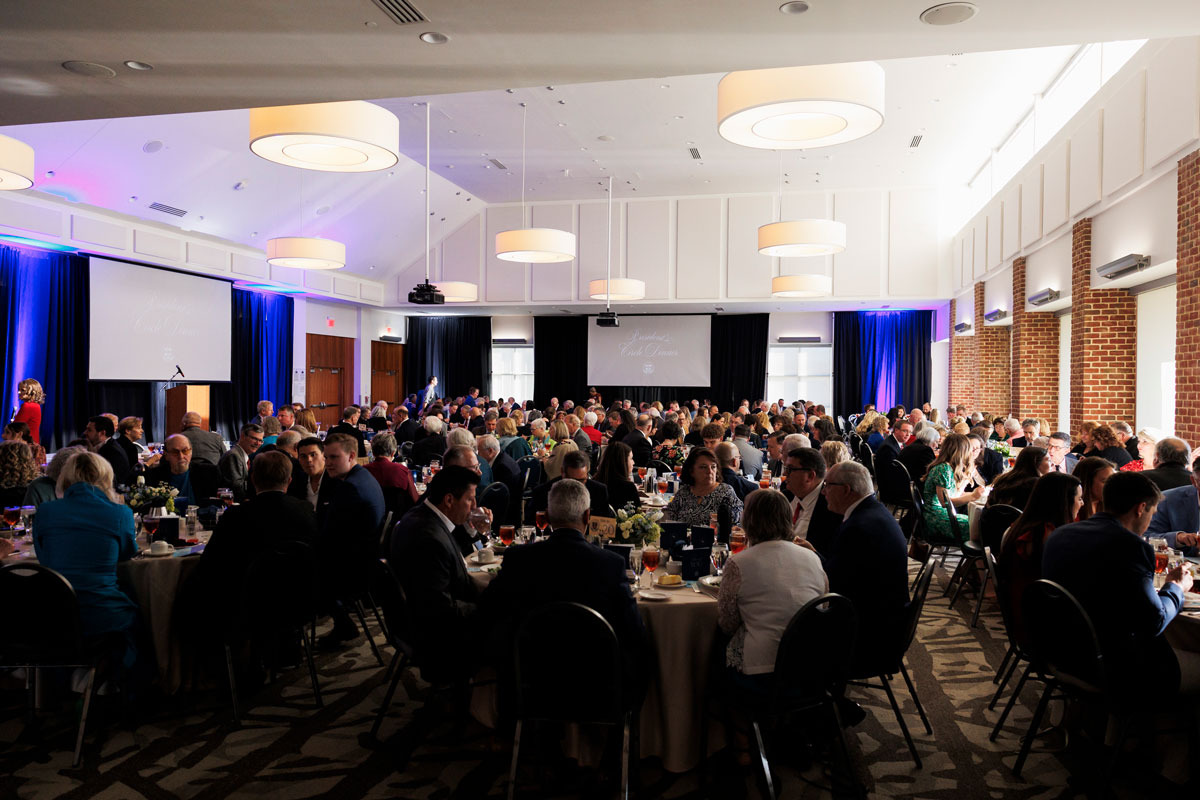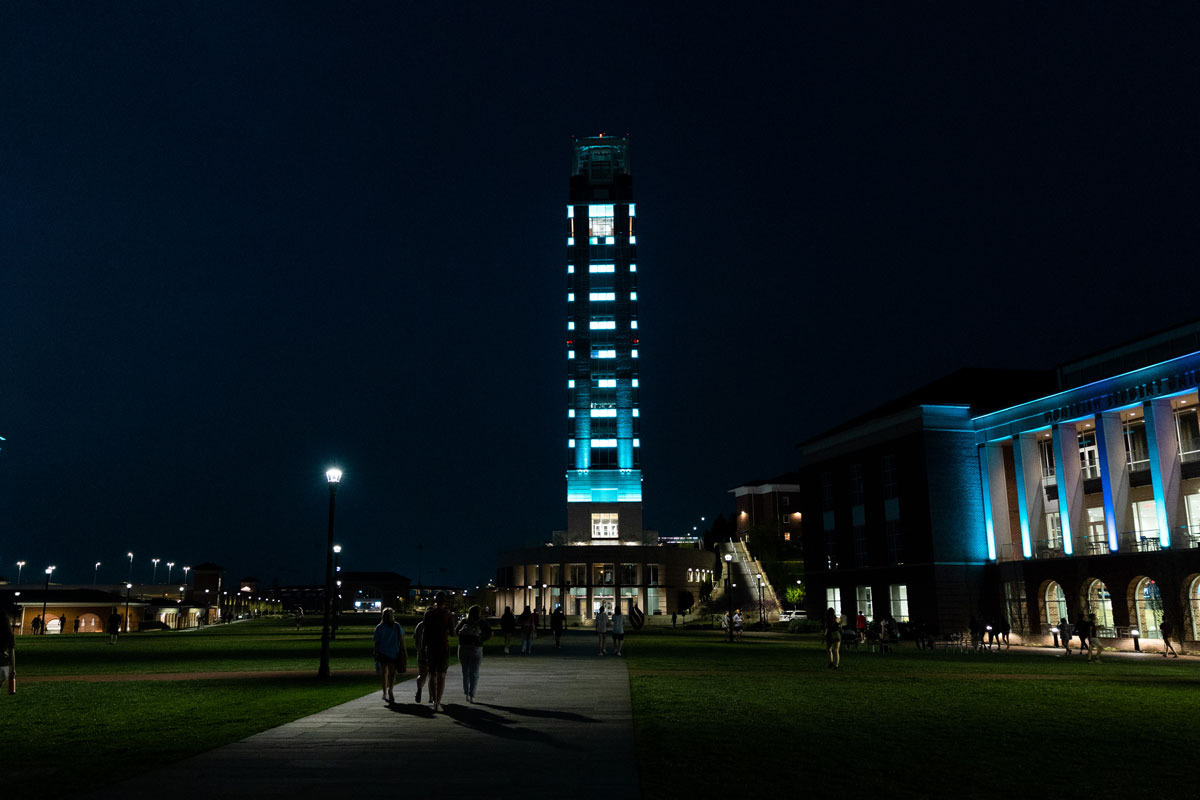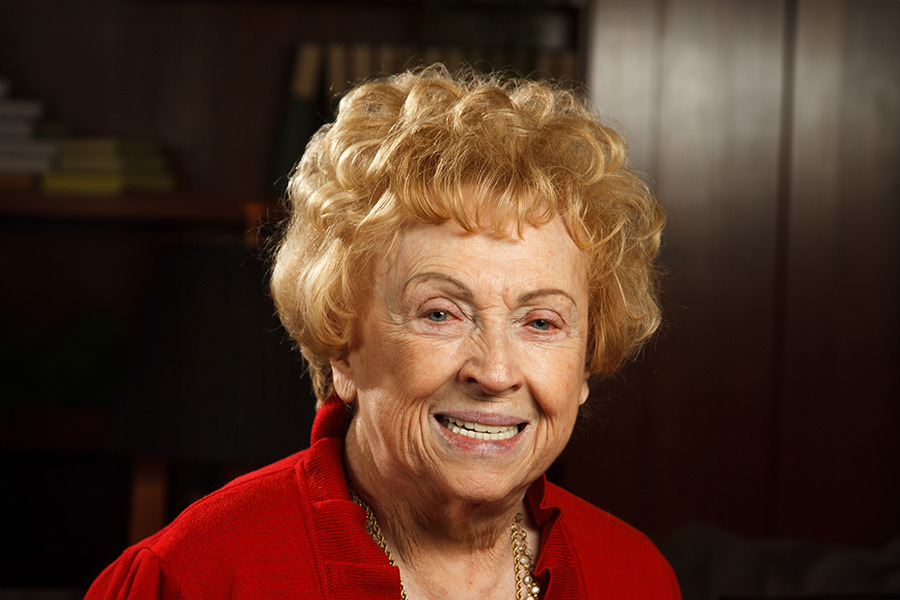Search News Archives
Filter News Articles
Additional Navigation
Government students develop analytical skills with weekly news briefings on national security issues
March 17, 2022 : By Logan Smith - Office of Communications & Public Engagement

Every week in Liberty University’s Helms School of Government, faculty and students are being made aware of national security issues as they happen. Through a new initiative, students are preparing weekly news briefings on timely domestic and international issues such as the Russia-Ukraine conflict, the U.S. border and immigration crisis, and trucker convoys on the Canadian-American border.
The newsletter, titled the “Strategic Intelligence & Foreign Affairs Initiative” (SIFA), is helping students develop open-source intelligence collection, analysis, and presentation experience critical for future careers in public policy and intelligence fields.
The student-led newsletter was launched in October and is meant to simulate the news correlation service at the Pentagon (i.e., the “Early Bird”) that assembles press articles of relevance and distributes them daily to update intelligence and policy officials on both foreign and domestic current events. However, the SIFA initiative goes beyond the “Early Bird” in that students also analyze the strategic implications of these articles and then brief government school faculty in the same way the National Military Command Center updates the Secretary of Defense and Chairman of the Joint Chiefs of Staff on daily global developments.
“When I arrived here, I came to the realization that oftentimes, my students lacked currency in international affairs or even, in some cases, domestic affairs,” said Associate Professor of Government Scott Roenicke, who has three decades of experience as a policymaker working in the Pentagon and the White House. “I also noticed that it was exceedingly difficult for me as a new professor to remain current on new developments and trends.”
“Analyzing news and presenting it in a professional way are crucial skills for students seeking jobs in the policy or intelligence communities,” he added.
The newsletter not only helps government students add real-world experience to their resumes, but it has even circulated and gained traction within the Pentagon.
“Through this experience, I am seeing some fairly sophisticated analyses that I might not have seen had I only engaged these students in a classroom setting,” Roenicke said. “And it gives me a lot of faith in the coming generation of analysts, who are gaining important exposure into the daily activities occurring within U.S. government agencies. This gives them experience that they would normally only obtain through a formal internship in Washington, D.C., but they’re doing it here at Liberty at the same time as completing all their coursework.”
 Approximately 30 student volunteers prepare the weekly newsletter. They serve on one of three teams, with each assigned a unique role. One team develops the topics, one completes the analysis on national security developments, and the third briefs the Helms School of Government faculty in advance of finalizing the newsletter. Each week, the teams then rotate to complete the next in the series of functions. The newsletter is distributed every Monday throughout the Helms School as well as via social media to alumni and Washington, D.C., professionals who have requested to receive it.
Approximately 30 student volunteers prepare the weekly newsletter. They serve on one of three teams, with each assigned a unique role. One team develops the topics, one completes the analysis on national security developments, and the third briefs the Helms School of Government faculty in advance of finalizing the newsletter. Each week, the teams then rotate to complete the next in the series of functions. The newsletter is distributed every Monday throughout the Helms School as well as via social media to alumni and Washington, D.C., professionals who have requested to receive it.
“It’s been a great experience for the students as far as team building,” said government graduate student Courtney Messer. She said while government students learn how to apply analytical techniques and cross-functional engagement in GOVT 380 and 381, many of the SIFA participants are freshmen and sophomores, so they are getting the chance to learn the techniques before reaching those upper-level courses.
“In SIFA they get a lot more practice in applying the analytical and briefing techniques we are teaching in National Security and Intelligence classes,” said Professor Tony Cothron, who was a Naval Intelligence Officer for 31 years. “In our SIFA presentations and discussions, we are working on the same problems that senior leaders in government are facing right now, such as what is the impact on national security from the Russian invasion of Ukraine.”
“I think it’s been a fascinating learning experience for everyone involved,” Roenicke said. “I’m very pleased with how this has evolved, and it wouldn’t have gone that way had our SIFA Chief of Staff, Ms. Courtney Messer, not energized the process. I’m hoping we can cultivate a global situational awareness among not only students but also faculty, and basically replicate a National Military Command Center ‘watch’ experience here at Liberty. As a result of participating in the SIFA process, upon graduating, students will be prepared to hit the ground running in U.S. government positions with far more experience and insights than their competitors from other universities. My colleagues in the U.S. government have been tremendously impressed by this and other training experiences that we offer government students here at Liberty. It’s what truly sets us apart from competing government programs at other universities.”


